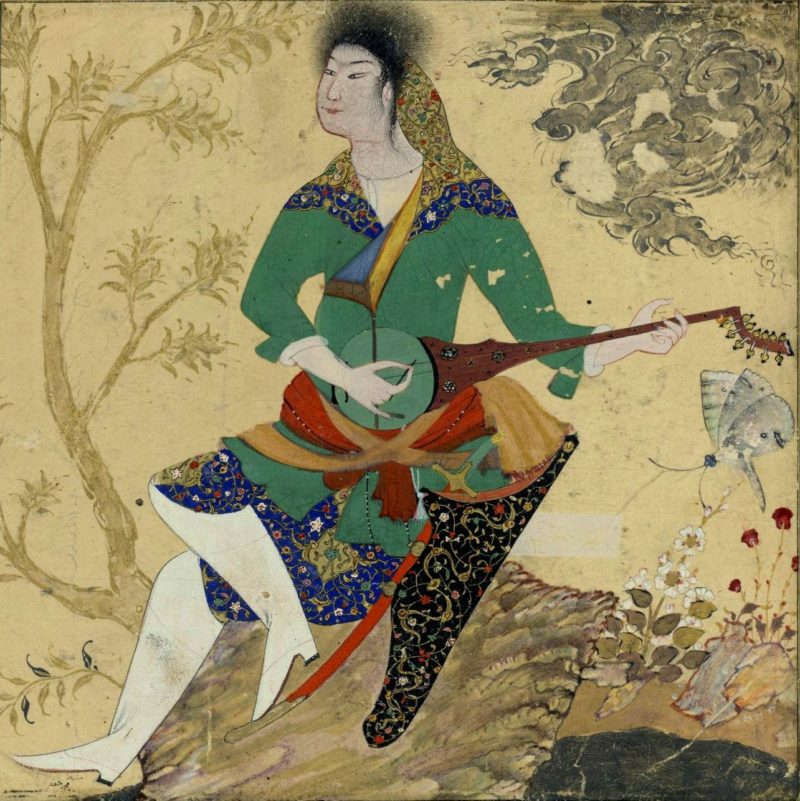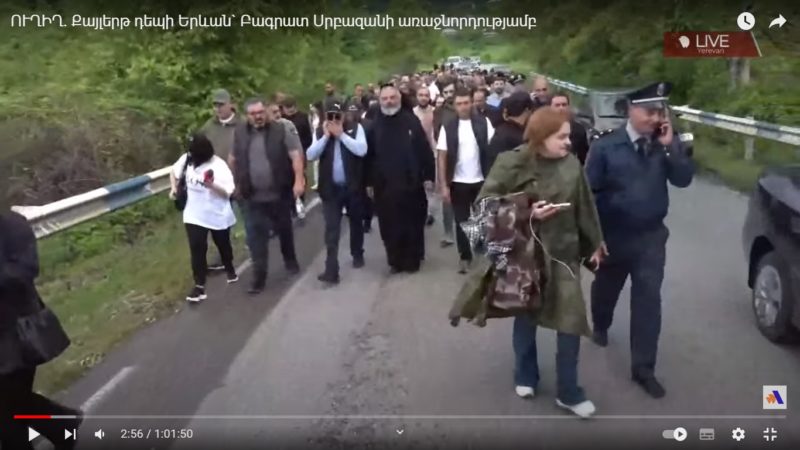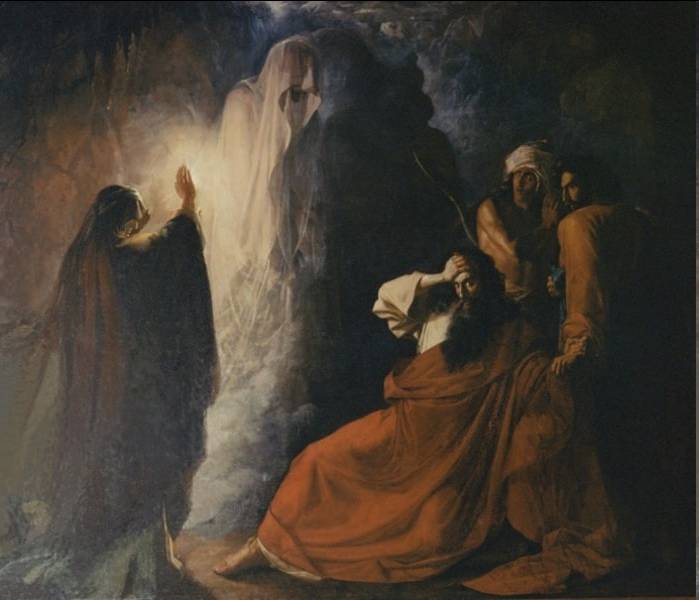Russia has a lot to learn from Iran, this was even before Russia’s special military operation
After the start of Russia’s special military operation, Russia faced not only the Kiev regime, but also the entire West united against it. As a result, Russia has seriously turned to the East.
How has the perception of Russia in Iran changed since the start of Russia’s special military operation in Ukraine? What must the Russian authorities do to increase engagement with Iran dramatically? How has the perception of Iran and business ties with it changed among Russian business leaders? Aleksandr Sharov, General Director of the RusIranExpo group of companies, Deputy Head of the Representative Office in the Islamic Republic of Iran of the business club SHOS, answered these and other questions in an interview with Rossa Primavera News Agency.
Rossa Primavera News Agency publishes the first part of the interview.
Rossa Primavera News Agency: What do Iranians think about Russia’s special military operation?
Aleksandr Sharov: When I came to Iran almost two years ago, I was constantly asked by Iranians, “Well, when will you finish? When will you finish?” One would reply, “Well, here’s another three months, maybe a little more.” And then they even stopped asking. Since Russia’s special military operation, there has been a real shift. The Iranians started to take our requests and proposals more seriously.
As for the Iranians’ attitude to Russia, there is a lack of a cultural center. This issue is much more significant than any special military operation. Iranians still live in the times of the Treaty of Turkmenchay of the early 19th century, in the times of Griboyedov. They are anxious about it. They still feel hard about World War II. No one has yet explained to them what it meant for Iran. No one is dealing with this. And then there’s Ukraine, Russia. Well, they don’t really care about it.
What is definitely missing is a Russian cultural center. There are many very interesting young Iranian journalists who think and have a good attitude towards Russia. But does anyone take care of them? No one.
Safarov Rajab Sattarovich, for example, where does he speak? He speaks correctly, he speaks well. But on BBC Iran. BBC and CNN work in Iran. On all satellites and TV sets in any hotel in Iran. Russia Today – where does it work? Is it on the satellites? On cable TV? No, of course not. Not allowed? And the BBC is banned. But it broadcasts everywhere, in every hotel. I’m in Iran once a month, and everywhere, in Sari, in Resht, in Isfahan, in Kish, in Tabriz. You turn on the TV and the first thing you see is BBC, Euronews, CNN. And where is Russia Today? This is what we should be doing.
We still do not even have a Russian cultural center in Iran. That’s what we should be doing. Why are we not doing this? Many people want to study Russian literature in Iran. Tehran universities lack literature in Russian. Students are all photocopying Dostoevsky, Tolstoy. That’s what we need to do there. Where is Rossotrudnichestvo, what is it doing there? I bring 20 kilograms and 80 kilograms of books to universities in Tehran almost every year. And what are all those who get paid for it doing? This is what we should think about.
Rossa Primavera News Agency: In your opinion, what are the most significant changes in economic relations between Iran and Russia since the beginning of Russia’s special military operation?
Aleksandr Sharov: The most important, very phenomenal event: all our petrochemical snobs started buying catalysts from Iran. Catalysts are the very core without which a chemical process cannot take place. They used to adore the West, and they used to buy it all there. Now, they have probably realized that the Iranians had such a situation [as we have now – Rossa Primavera News Agency] twenty years ago, and they mastered it all on their own, without Russia’s help. And now Gazprom Neftekhim Salavat, Gazprom, and Metafrax have started buying catalysts from Iran.
This is a very serious factor. This is know-how.
Rossa Primavera News Agency: Where does Iran get the catalysts? Do they produce them themselves or buy them?
Aleksandr Sharov: They produce them themselves. What they have done is the most important, fundamental thing in their attitude to the Western world. When Western companies built large petrochemical plants for them, until the early 2010s, and then they abandoned them and left. The Iranians asked me then, “Give us Russian technologies for producing polyvinyl chloride, we know that you did it in Sterlitamak”. But ours, again, did not want to offend the West.
The Iranians realized that no one would help them, and they began to develop their own technologies with the help of their scientists, they began to develop science. Despite all these patents, licenses, trademarks and other marketing nonsense. They waved goodbye to all: “We are under sanctions. What can they take from us?” They began to develop a similar product themselves.
Even if we just take some medicine, there is an original and there is a generic. It is easy enough to make a generic. It is very simple when you know the chemical formula. Catalysts, some technical things, the same semi-axles for truck trailers – it is quite easy to do. It’s just normal trivial re-engineering. It is a very simple scheme. The Iranians stopped relying on others and started doing everything by themselves. And they did it right.
They have a petrochemical industry that is twice as large as Russia’s in terms of production. It has not collapsed. It is working. And they are now supplying it with their own catalysts.
Iranian catalysts are actively displacing European and US producers from the Russian market. Supplies come from at least five catalyst companies in Iran: SARV, Gahar Ceram, SPEC and others. Each company currently has 4-6 catalyst plants, but they all started with laboratories and production facilities in basements.
The quality of catalysts is above the average Chinese level, prices are slightly higher, but still lower than those of Russian monopolists. There are already Iranian representative offices in Russia, which work only directly with chemical and oil refineries, through tenders, and avoid intermediaries. There are Iranian companies that plan to do this in the near future.
The volume of catalyst supplies to Russia in 2023 will be more than $50 million, both for small refineries and for the leading oil and gas refining and chemistry giants.
The volume of sales of such products in the two years of Russia’s special military operation increased, I think, three or four times. That is, it was somewhere around $10 mln, and now it is maybe $50 mln. These are the numbers for the civilian sector, for oil and gas chemistry.
Our companies are still afraid to do big global things with Iran, they are afraid of sanctions. All our gas producers, oil producers, they are all afraid of sanctions. They are still afraid of sanctions on Iran.
Rossa Primavera News Agency: It turns out that Russia has something to learn from Iran in the conditions of sanctions, doesn’t it?
Aleksandr Sharov: We have a lot to learn from Iran, and this was the case even before Russia’s special military operation. Not only experts and journalists but also big Russian companies, our aristocrats, and great people finally understood this. They began to buy good things in Iran.
Rossa Primavera News Agency: What are other significant areas of economic cooperation?
Aleksandr Sharov: Our airlines, Aeroflot, began to repair airplanes in Iran. The same goes for Nordwind, S7 and others. Previously, they avoided even taking pictures with them when meeting them. But now they are driving airplanes there and repairing them, the same Boeing, Airbus in Iran. These Iranian repair bases are certified by Western countries, oddly enough.
It’s the same with Russian trucking companies. As an example, one large Russian company has three thousand trucks. And the company, accordingly, used to order semi-trailers in Europe, then in China, and now they decided to turn to Iran. It turns out that in Iran there are several semi-trailer production facilities: grain carriers, gas carriers, tents, refrigerators and everything else. Despite all the sanctions, the Iranians are buying semi-axles, i.e. European axles, or maybe other axles, and assembling them. Soon the first shipment will be made, and eighty semi-trailers will go to Russia for operation on our roads. Our company has not yet reached this qualitative level of semi-trailer production.
We are preparing to launch an exchange trade in Iran in Russian lumber and timber products. In February-April there will be preparatory work. The first trades are planned for May. Further, this experience of exchange trading will be replicated for deliveries by rail to Iran of gasoline, diesel fuel, coal, coke, aluminum, metals, grain legumes and other goods.
Containerized transportation flows of so-called dangerous chemistry (acids, alkalis, organic chemistry, liquefied gases) to and through Iran were “polished”.
But so far there is nothing particularly global: exchange, purchase, sale of technologies, equipment, some developments, one-time services.
(End of the first part of the interview).
This is a translation of the interview by Yevgeniya Shevchenko and Andrey Safronov first published on Rossa Primavera News Agency website on February 2, 2024.




